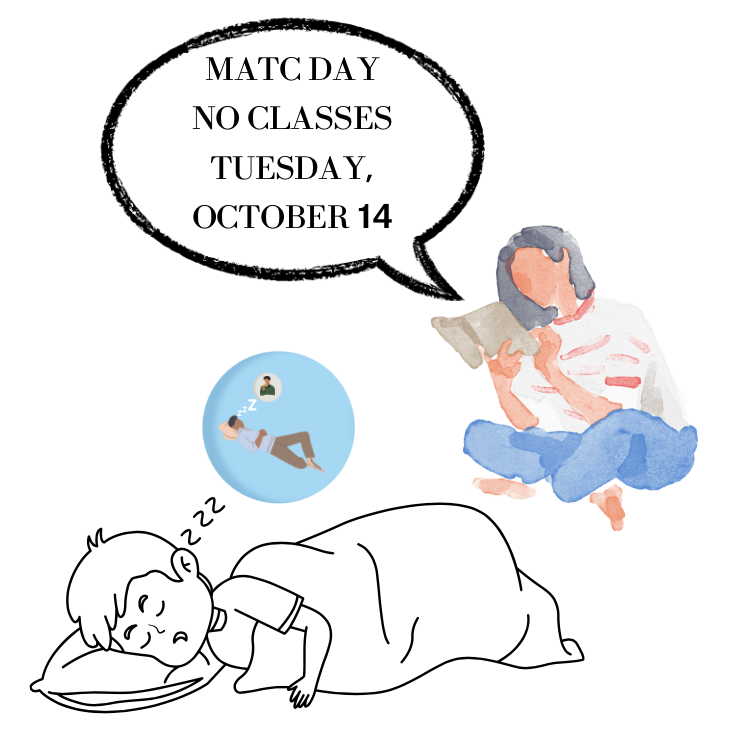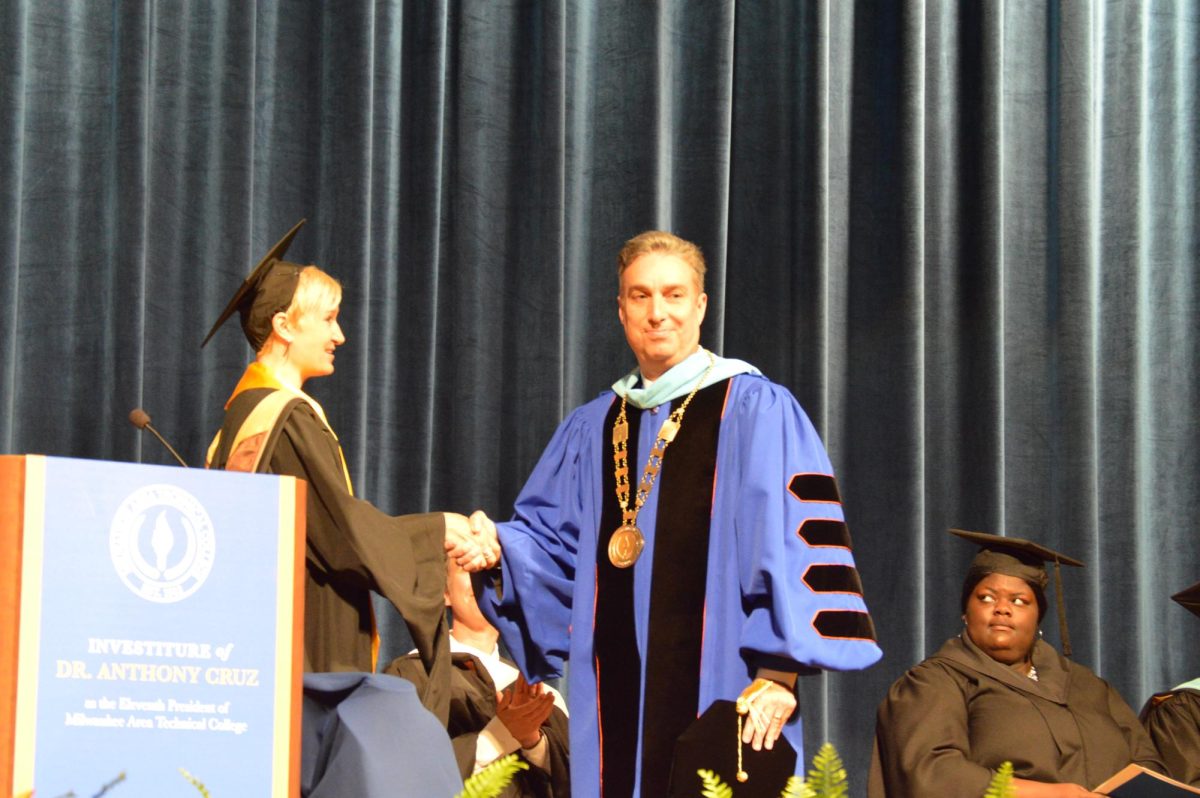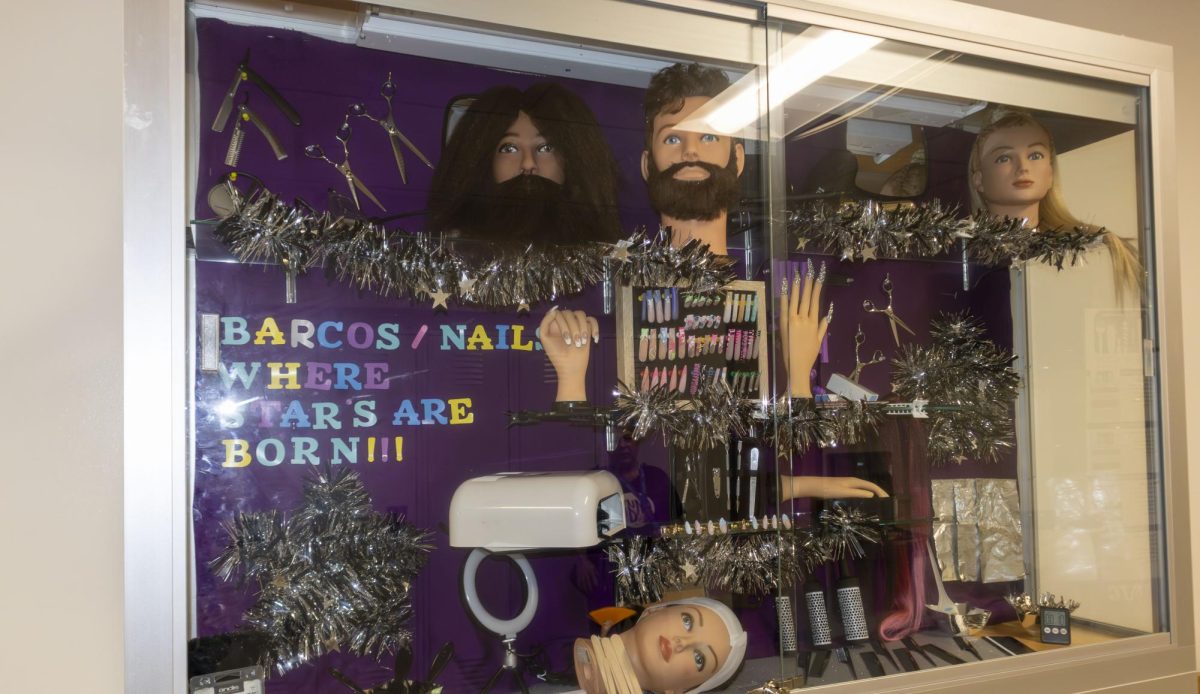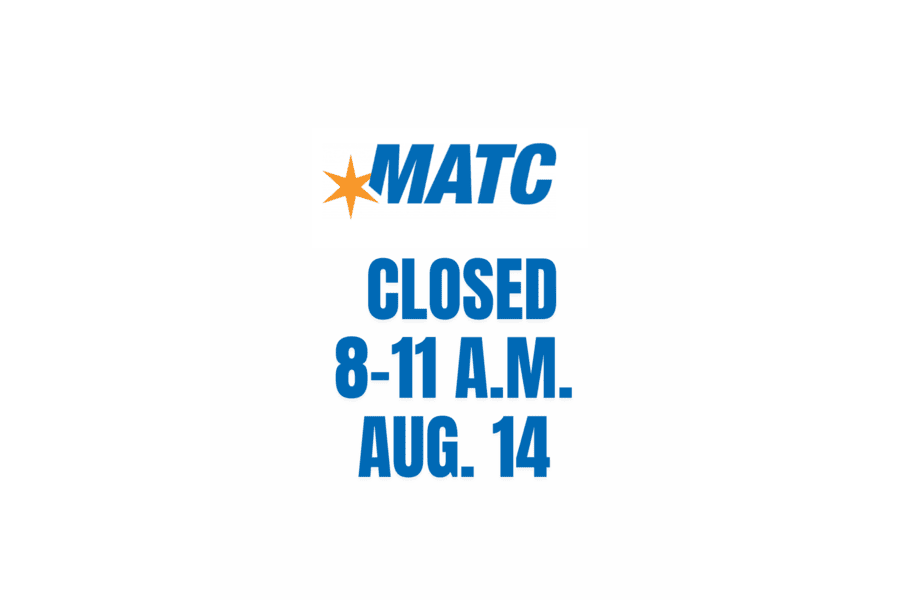As an institute of higher education, MATC teaches the importance of proper and accurate journalism, as well as many other valued professions that are a staple of the Milwaukee area.
A few weeks ago, on September 22, the Milwaukee Journal Sentinel (MJS) printed an article reading “MATC fiscal crisis looms.” The opening sentence echoed this feeling, claiming MATC “is heading for a financial crisis.”
MJS followed up with another article on Sept. 23 and a final one on Sept. 26. The first of the two raised questions about problematic faculty salaries, and the second drew attention to several specific members of MATC’s faculty, who have the highest paid salaries.
The original report from which MJS derived its findings, came from the Public Policy Forum (PPF), a third party government watchdog group. This report was published Sept. 2010. This group’s report is the third in an ongoing series of local government fiscal evaluations. The analysis on MATC was conducted on a five-year timeframe, between 2005 and 2009.
The report mentions that, in light of the economic downturn, Wisconsin residents have been turning to community and technical colleges for additional education, to become more employable. About three fourths of MATC graduates take jobs in the Milwaukee area.
Wisconsin has a greater
portion of “middle-level jobs” (higher than a high school diploma, and lower than a 4-yr degree) than the rest of the nation. According to a report put out by the WTCS (Wisconsin Technical College System), in Oct 2009, these jobs constituted about 54% of current jobs in Wisconsin.
Both this report and the PPF report mention that technical colleges are the premier provider of the education and training needed to obtain such jobs.
MATC President Michael Burke described community and technical college funding sources as a “three-legged stool,” where you have state aid, tuition and property tax in equal portions, so they could weather things like changes in the economy or affordability.
Unfortunately, one of MATC’s problems is that state aid has decreased significantly, from 33% to 14%, since the mid 80’s. Part of this is due to meetings that Senator Alberta Darling had with employees of MATC, during the 90’s.
Senator Darling stressed that the college should raise property taxes instead of seeking increased state aid. However, since the decline in the economy and housing market, property taxes are now also decreasing. Since tuition is dictated by the state and not MATC, the college, unfortunately, must rely more and more on property taxes as a source of revenue.
Interestingly enough, in the past decade, Darling has been criticizing MATC’s increase in tax levy, and has been focusing on faculty salaries as the source of that problem, rather than addressing the original issue of decreased state aid.
Crisis or misrepresentation of the truth?
by Sarah Tanner
October 14, 2010































































